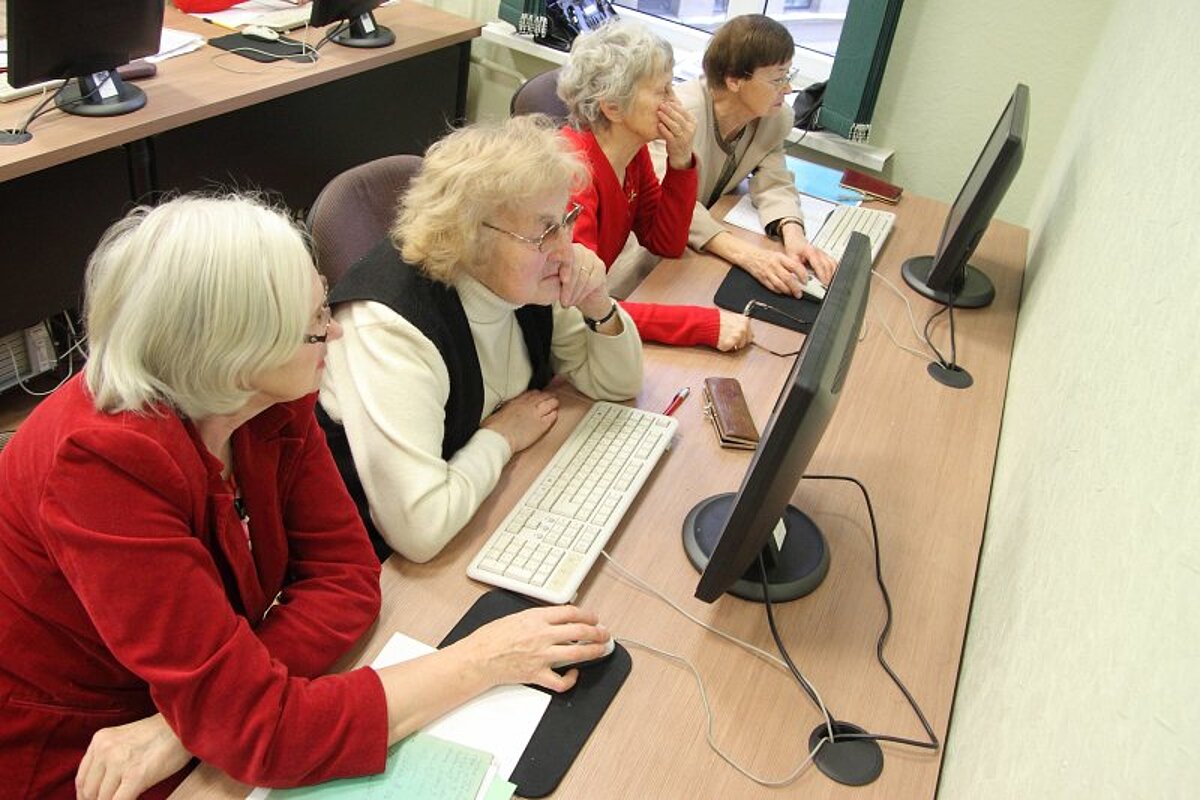
The project “Erasmus+60” is implemented in the action type KA220-HED- Cooperation partnerships in higher education and its duration is from January 1, 2022 till January 1, 2025.
Erasmus+60 is a highly innovative project focusing on a particular age group that has not been sufficiently considered in the development of HEI activities and framework programmes like Erasmus+: European citizens aged 60 and above. With life expectancy increasingly growing and given the fact that one citizen in three is expected to be over 65 by 2060, the need for studying and training opportunities grows correspondingly. Studies are not only of benefit to the mental and physical health of senior citizens, but they are also important in view of late career development and professional activities during semi-retirement and beyond.
Erasmus+60 aims at
1) taking stock on a large scale of existing Higher Education offers for citizens aged 60 and over in relation to the issues of inclusion and diversity;
2) developing pilot courses contributing to the aim of building inclusive higher education systems that contain adapted offers to citizens over 60, including student life activities to maintain one’s health;
3) promoting inter-connected higher education systems in Europe by providing a pilot platform for an online offer of shared courses as well as intercultural learning activities for citizens over 60;
4) developing policy recommendations that will draw on the project results in order to highlight the urgent need to open new and more systematic educational perspectives for senior citizens of the EHEA.
The project’s main outcomes will be
1) An analysis of Third-Age Educational offers across Europe while collecting feedback from end-users;
2) Enhancing lifelong learning through intergenerational learning – a toolkit development for Third-Age educational activities to propose a model for planning, implementing and evaluating intergenerational learning based on the collaboration between senior citizens and universities;
3) The hackathon with stakeholder organisations regarding the co-design of an Erasmus+60 Third-Age educational offer integrating intergenerational learning perspectives and to collect feedback from stakeholders such as HEIs as well as local, regional, national and international educational authorities and other organisations;
4) Creation of 7 online courses and toolbox development for online platforms to offer, exchange, link, and access community-specific and European across community distance learning courses designed with and for citizens 60+ (each one in English and the national language of the course leader) as well as a toolbox with guidelines, and cost-effect evaluations for a European network of online platforms offering distance learning courses for citizens 60+;
5) Policy recommendations that will suggest new, more inclusive ways of implementing the major steps required to integrate senior citizens and their specific needs in a more systematic and equitable way in the European Higher Education Area.
The Erasmus+60 project will thus provide innovative solutions to a number of major challenges in Third-Age Education.
The partners of the project are:
Universite de Versailles (France), European University Foundation -CAMPUS EUROPAE (Luxembourg), Latvijas Universitāte (Latvia), Sveuciliste U Splitu (Croatia), Universidade do Porto (Portugal), Eotvos Lorand Tudomanyegyetem (Hungary), Mendelova Univerzita v Brne (Czech Republic), Universitat Zurich (Switzerland)
More information about the project: www.erasmusplus60.uvsq.fr

 Academic Centre
Academic Centre